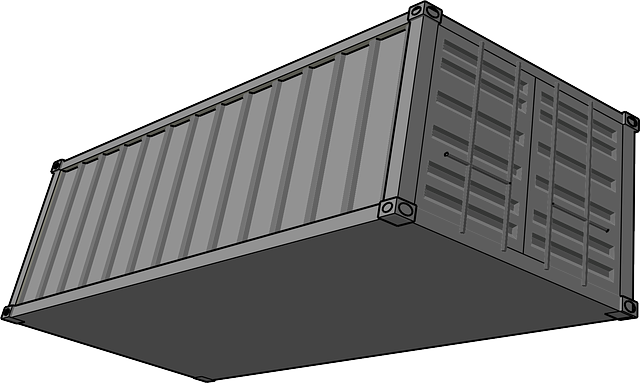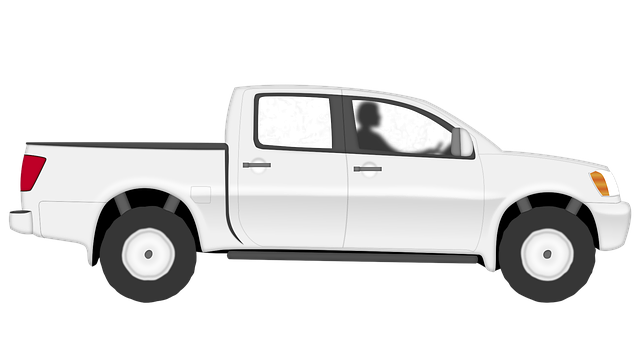Starting as a new trucker comes with unique challenges, including navigating risks and regulations, which can lead to higher insurance premiums. To improve profiles and secure more affordable rates, newcomers must understand mandatory coverage, manage risks, and maintain detailed records. Insurance providers should collaborate closely, assessing risk factors like experience, safety record, vehicle type, routes, and operational safety culture to tailor personalized policies. This approach offers comprehensive protection, enabling new truckers to focus on growth while ensuring asset security at competitive rates through open communication and regular policy reviews.
Introducing our comprehensive guide tailored for first-time truck operators, focusing on navigating the intricacies of new trucker insurance. As aspiring drivers face distinct challenges, understanding their unique needs is paramount. This article delves into the process of assessing risk and offers insights on tailoring insurance policies to mitigate potential dangers. From identifying crucial factors to exploring benefits, we provide a roadmap for securing optimal new trucker insurance coverage, ensuring peace of mind on the road ahead.
Understanding the Unique Challenges of New Truckers

Starting out as a new trucker comes with its own set of challenges, from learning the ropes of the road to managing varying workloads and navigating unfamiliar territories. These newcomers often lack the experience to assess risks accurately, which can be a significant concern for insurance providers. As such, they might face higher premiums or stricter policies compared to established professionals.
Many first-time operators struggle with understanding the intricacies of new trucker insurance, including what coverage is mandatory and how different options can protect them in specific situations. They may also need guidance on maintaining proper records and documenting experiences to improve their insurance profiles over time, ultimately leading to more affordable rates as they gain expertise in the field.
Assessing Risk: Factors to Consider for New Operators

When it comes to new trucker insurance, assessing risk is a critical step in customizing policies for first-time operators. Several factors come into play here. First and foremost, understanding the driver’s experience level and safety record is paramount. A novice operator will likely face higher premiums due to the increased potential for claims. Their age, driving history, and any previous accidents or violations are all considered. Additionally, the type of vehicle driven, the load it carries, and the routes traveled significantly impact risk assessment. High-risk cargo, such as hazardous materials, may require specialized coverage, while long-haul routes present unique challenges compared to local deliveries.
Furthermore, the operation’s overall safety culture and training programs play a vital role. Insurers will look at the company’s efforts to educate drivers on safe driving practices, vehicle maintenance, and regulatory compliance. Implementing robust health and safety protocols demonstrates a commitment to risk mitigation and can lead to more favorable insurance terms for new truckers.
Tailoring Insurance Policies for Individual Needs

When it comes to insuring a new trucker business, one size does not fit all. New operators often face distinct challenges and risks that require specialized coverage. Insurance providers should work closely with these individuals to understand their unique needs, such as specific cargo types, route patterns, and fleet sizes. By gathering detailed information, insurers can tailor policies that offer the right balance of protection and affordability, ensuring new truckers are adequately covered without paying for unnecessary extras.
This personalized approach allows for comprehensive new trucker insurance that addresses specific concerns. For instance, a policy might include enhanced coverage for high-value goods or account for increased risks associated with certain routes. Such customization not only provides peace of mind but also helps new operators focus on growing their business, knowing they have the right protection in place from the start.
Benefits and Best Practices for Customized New Trucker Insurance

Customized new trucker insurance policies offer several advantages for first-time operators looking to protect their investment and manage risks effectively. By tailoring coverage to specific needs, insurers can ensure that new drivers are adequately insured while avoiding unnecessary expenses. This approach is beneficial for both parties—trucker owners gain peace of mind knowing their assets are secured, while drivers can acquire insurance at competitive rates tailored to their unique operating conditions and vehicle types.
Best practices for customized new trucker insurance include assessing individual risk factors such as driving history, vehicle specifications, and intended routes. Insurers should encourage open communication with clients to understand their operational challenges and goals. Regular reviews of coverage options and adjustments as the driver’s experience grows are essential. Additionally, integrating technology for real-time tracking and safety monitoring can enhance risk management, leading to more accurate pricing and improved overall security.
Customizing policies to meet the unique needs of first-time operators is a strategic move in the trucking industry. By understanding the specific challenges faced by new truckers and assessing their individual risk profiles, insurance providers can offer tailored solutions. This approach benefits both parties, ensuring new drivers have adequate protection while enabling insurers to mitigate risks effectively. Embracing these practices fosters a safer and more supportive environment for aspiring truckers, ultimately contributing to a robust and efficient trucking sector through specialized new trucker insurance coverage.
